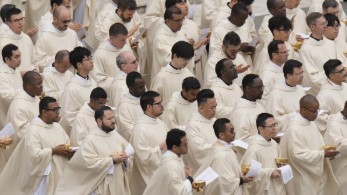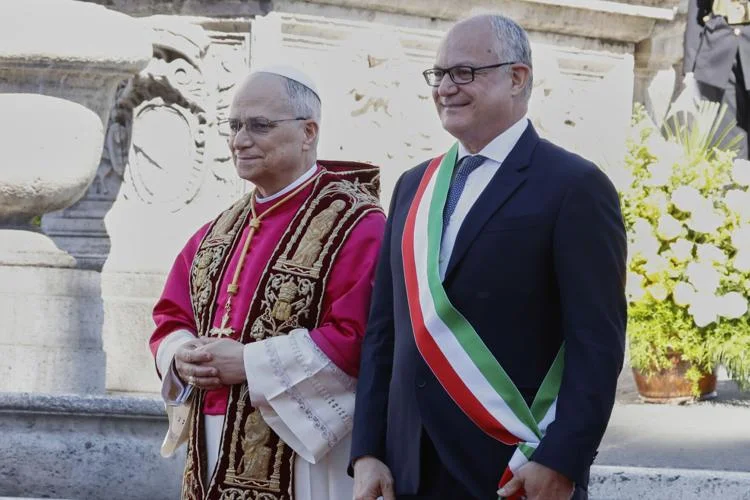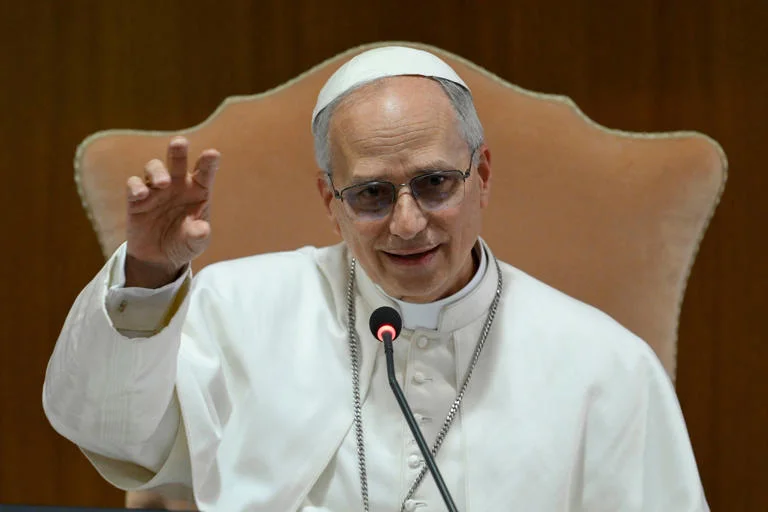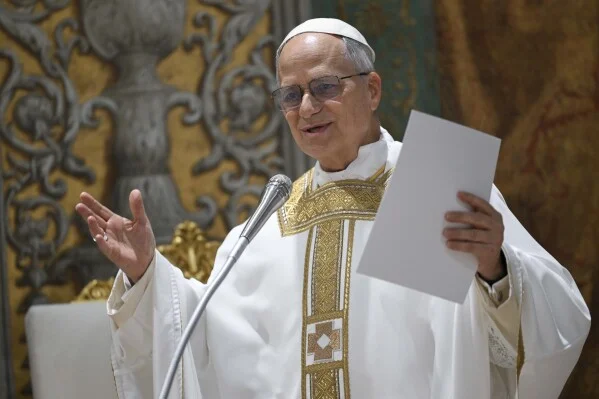
The Vatican Allows Gay Men to Become Priests Under New Guidelines
- Interfaith
- January 11, 2025
- No Comment
The Vatican Allows Gay Men to Become Priests Under New Guidelines
In a landmark decision, the Vatican has endorsed new guidelines permitting gay men to enter seminaries, provided they commit to celibacy. The guidelines, developed by the Italian bishops’ conference, mark a progressive step in the Catholic Church’s evolving approach toward LGBTQ individuals in the clergy.
The document, quietly posted on the bishops’ conference website, emphasizes evaluating a seminarian’s sexual orientation within the broader context of their personality rather than focusing solely on it.
“It is essential to address a candidate’s sexual tendencies during formation but equally vital to integrate this aspect into an understanding of the whole person,” the guidelines state.
Approved by the Italian bishops last November, the guidelines have received Vatican backing for a three-year trial period. The clergy office confirmed this development, signaling a significant shift from earlier Church positions.
This change contrasts with a 2016 Vatican instruction discouraging men with “deep-seated homosexual tendencies” from joining seminaries. That directive, endorsed by Pope Francis, was rooted in a 2005 ruling under Pope Benedict XVI.
While Pope Francis has upheld celibacy for clergy, he has also sought to foster inclusivity within the Church. His papacy has included steps toward welcoming LGBTQ individuals, including limited support for same-sex blessings. However, the topic of homosexuality among priests remains controversial, with many gay clergy reluctant to openly discuss their orientation.
The Church has sent mixed messages on LGBTQ issues. Pope Francis has emphasized rigorous screening for seminarians and warned clergy against sexual misconduct. His papacy has also faced criticism, such as backlash over derogatory remarks reportedly made about gay seminarians during a private meeting last year, for which the Vatican later apologized.
The trial period will allow Italian bishops to assess the impact of the guidelines and determine whether they should be adopted permanently. This decision could influence Church practices globally, particularly in regions grappling with LGBTQ inclusivity in religious vocations.
The Vatican’s approval of these guidelines reflects a careful balance—promoting inclusivity while maintaining the Church’s traditional teachings on celibacy and sexuality. Whether this shift paves the way for broader acceptance within the Catholic hierarchy remains to be seen.







